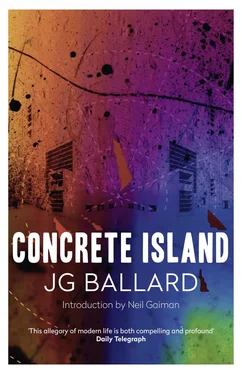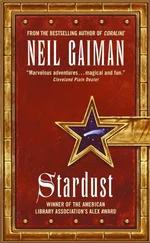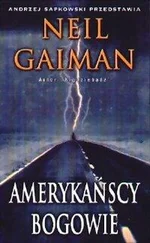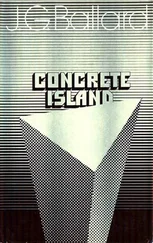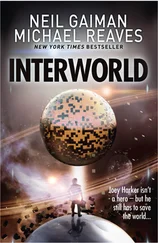These books meant that Ballard was, in my head, part of the club of SF writers, the people who wrote things I loved (even if I did not entirely understand them), and this meant I read everything by him that I could find. And when, aged thirteen, I changed schools, I discovered a school library filled with books that had not been in my previous school library: I found Mervyn Peake’s Gormenghast books there, and The Master and Margarita and 1984 (which I read mostly to understand Bowie’s Diamond Dogs and because there were jokes in the Alan Coren 1984 parody in Punch I suspected I was missing), and, on a high shelf, a tiny clutch of Ballard novels.
I read Crash first. I did not understand it, but I loved the writing, loved the smell of leather upholstery and the jewelled glitter of broken glass on the motorway. It seemed peculiarly intellectual: Elizabeth Taylor and crashing cars for sexual pleasure were both very abstract concepts for a teenager who had not been a teenager for very long.
Then I read Concrete Island, and I was in love.
I did not read then for character or for language (although I could be hooked by either and responded to both); I read for story , and in Concrete Island , I recognised a story, and came upon a story I recognised. It was Robinson Crusoe : here was a man, Robert Maitland, stranded on an island, cut off from civilisation, learning how to feed himself and survive, obsessed by the need to get off the island, get back to civilisation, to his wife, to his company, to his mistress, to his world.
I was of an age where I was beginning to see metaphor and pattern. He’s on an island, I thought, and he’s been on an island his whole life . It was a revelation.
I thrilled, reading it then, as I thrill each time I reread it, to Maitland’s problem-solving efforts in the first few chapters: his plans to send up signal flares, his search for drinkable water, his attempts to get people to see him and stop. And to his joy at the thrown-away chips. Robinson Crusoe had breadfruit and other foodstuffs alien to a small boy in Sussex. He didn’t have a lorry driver’s discarded chips.
I was saddened and thrilled when Maitland found that he was not alone on his island: Crusoe had Friday, had that footprint in the sand. Maitland had two people, whose behaviour towards him seemed pretty much right: I was a schoolboy, after all, and casual cruelty was usual. Lord of the Flies and Unman, Wittering and Zigo both seemed, to me, realistic about the way the children around me behaved, or would behave given half a chance.
Reading Concrete Island now, I read it with adult eyes. And if you have not read the book, stop reading this introduction here. The story is too good to spoil for you, after all.
I marvel at Ballard’s ability to bring the Coral Island home, to recognise that a traffic island was, for someone stranded on it, as remote as the South Seas. I am fascinated by the politics of Friday, and the way that Ballard breaks that role in two, and subverts it; and how savage Maitland needs to become in order to gain dominion over his Island Kingdom. Friday, the savage that Crusoe rescues, who knows more of the island and the ways of survival than Crusoe ever will, becomes two survivors: a mentally subnormal acrobat, and a young woman whose tragedies are never explained, only implied, and who leaves the island and returns, a heart-hurt whore who no longer fits the world she fled. Both people whom Maitland would look down on in everyday life, both people on whom he finds himself depending for his survival.
I admire the way the island is a palimpsest: the world, the town, before the motorway existed shows through, just as Robinson Crusoe shows through in Concrete Island , from time to time.
I did not understand when I was a boy that the best way to prepare for my adult future would be to read the work of J. G. Ballard. That authors offering me generation starships and galactic empires were a distraction: that it was Ballard who was writing the world I would grow into. I don’t think I understood that until the crash-death of Princess Diana, and I knew that I had been here before, and in whose pages.
Concrete Island is of its time, an artefact, but one could write something very similar now. One would need to deal with the mobile-phone issue – probably destroy it in the initial crash – but I wonder how many of us would actually stop, or let anybody know, if we saw the filthy man in the motorway island, and how many of us are able to escape the islands on which we now find ourselves marooned.
Cambridge, 2014
Конец ознакомительного фрагмента.
Текст предоставлен ООО «ЛитРес».
Прочитайте эту книгу целиком, купив полную легальную версию на ЛитРес.
Безопасно оплатить книгу можно банковской картой Visa, MasterCard, Maestro, со счета мобильного телефона, с платежного терминала, в салоне МТС или Связной, через PayPal, WebMoney, Яндекс.Деньги, QIWI Кошелек, бонусными картами или другим удобным Вам способом.
